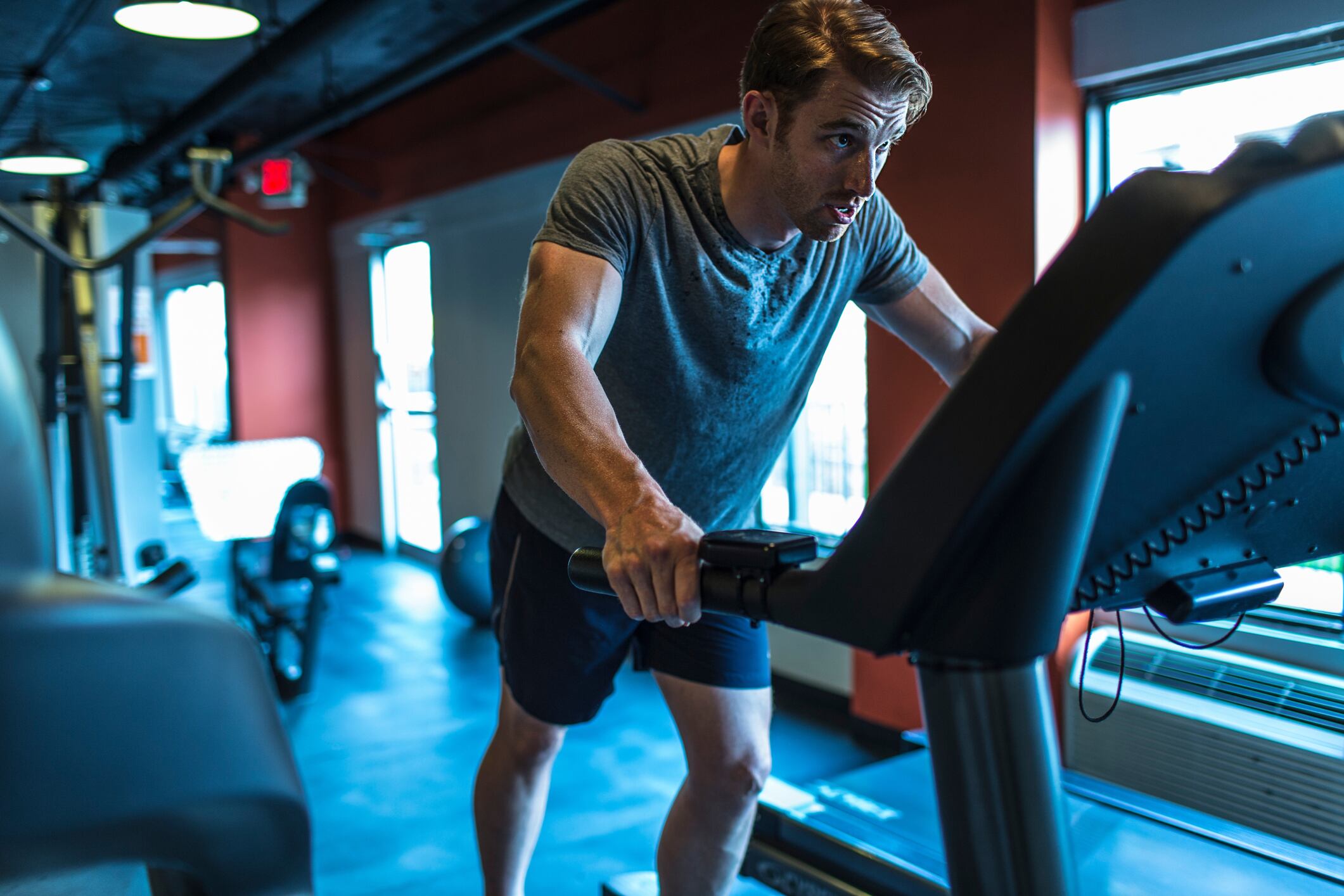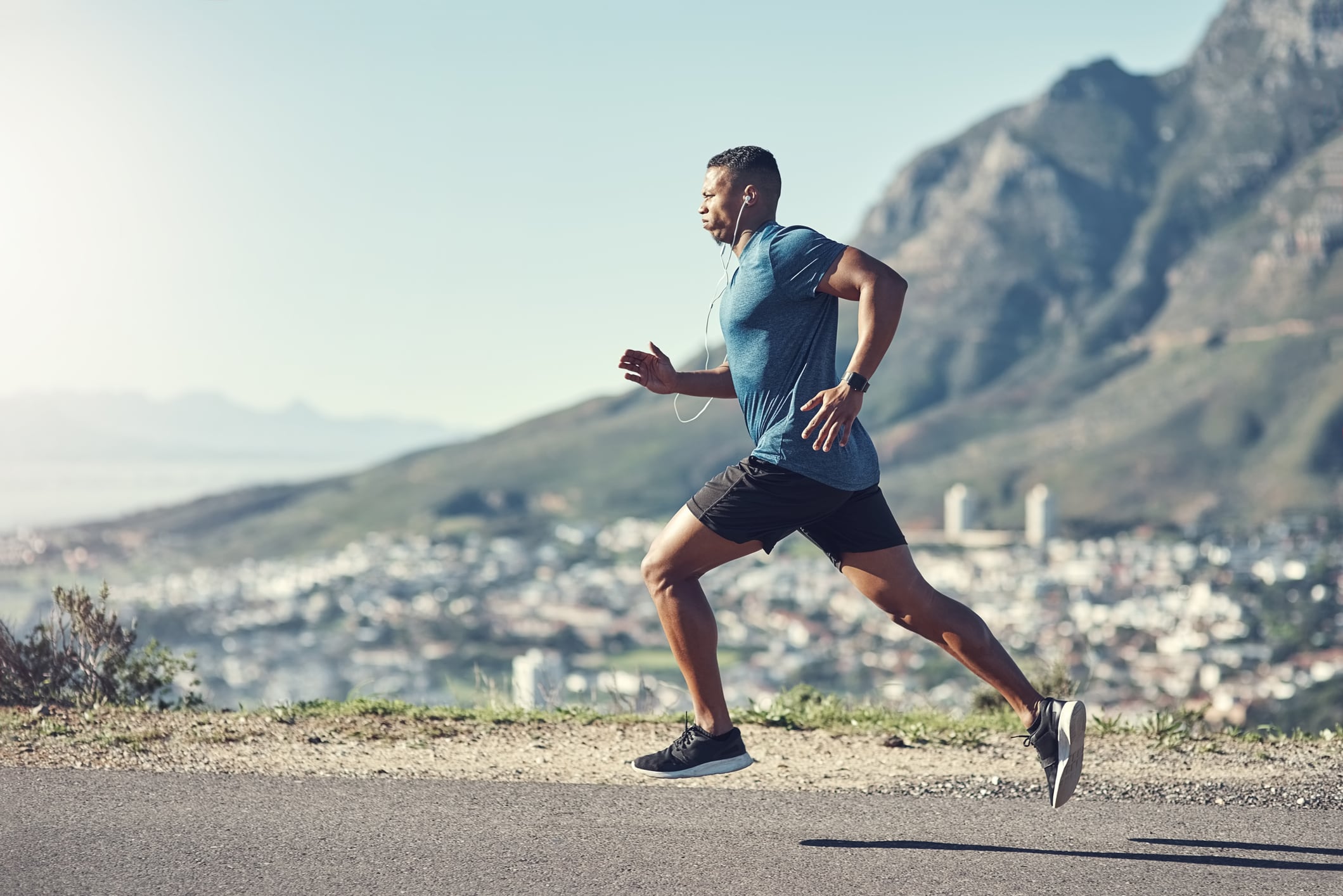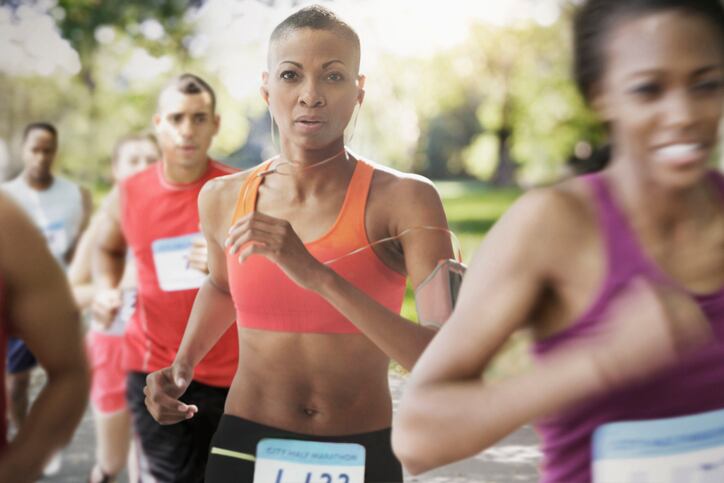“The most significant finding is the robust effect of astaxanthin supplementation (8 mg/d, 4-week period) in countering exercise-induced decreases in immune-related proteins, especially immunoglobulins,” said David Nieman, DrPH, FACSM, director at the Appalachian State University Human Performance Laboratory at the North Carolina Research Campus and a lead author on the study.
The research, published in the journal Frontiers in Nutrition, was supported by Israeli nutrient supplier Lycored, which provided the algae astaxanthin used in the study.
Astaxanthin in context
Athletes experience increases in inflammation, oxidative stress and immune dysfunction during intense training and competition, which the study authors hypothesized could be moderated by astaxanthin due to its unique molecular structure and free radical scavenging abilities.
Found in different types of algae and phytoplankton, astaxanthin is a dark red pigment that gives salmon, shrimp and krill their reddish color. Previous research indicates that supplementation with 8 mg a day of astaxanthin over four weeks significantly increased plasma astaxanthin in human subjects and confers potent antioxidant, immunomodulatory and anti-inflammatory effects in various contexts.
In this study, the team of North Carolina-based researchers used a human systems biology approach to improve the ability to capture trial differences using untargeted proteomics and targeted oxylipin and cytokine panels. They noted that the use of untargeted proteomics (the large-scale study of the proteome or the entire set of proteins produced in response to a wide variety of stressors) is an emerging science with a high potential to improve scientific understanding of the complex responses from nutrition interventions within an exercise context.
“Context is everything when interpreting data generated from well-designed clinical trials,” Dr. Nieman told NutraIngredients-USA. “We used exercise stress to induce inflammation, muscle damage and immune dysfunction. Within that context, astaxanthin supplementation exerted immune-regulatory effects. In other types of studies (e.g., obesity-induced systemic inflammation), astaxanthin may exert anti-inflammatory effects.”
Study details
The randomized, double-blind, placebo controlled, crossover trial recruited 18 healthy runners between the ages of 18 and 57 years (11 male and 7 female). Participants consumed either 8 mg of algae astaxanthin or a starch placebo daily for four weeks prior to running 2.25 hours at close to 70%VO2max (including 30 min of 10% downhill running).
Blood samples were collected before and after supplementation, immediately post-exercise and at 1.5, 3 and 24 h-post-exercise for analysis. After a two-week washout period, subjects switched groups and repeated all procedures.
“Astaxanthin supplementation had no effect on exercise-induced muscle soreness, muscle damage and increases in six plasma cytokines and 42 oxylipins,” the study reported. “Notably, astaxanthin supplementation countered exercise-induced decreases in 82 plasma proteins (during 24 h recovery).”
The biological process analysis revealed that most of these proteins were involved in immune-related functions such as defense responses, complement activation and humoral immune system responses. The research team also identified 20 plasma immunoglobulins that differed significantly between the astaxanthin and placebo groups and found that plasma immunoglobulin levels decreased significantly post-exercise but recovered after the 24 h post-exercise recovery period in the astaxanthin but not the placebo trial.
“The strength of our study design was including untargeted proteomics to capture this novel finding,” Dr. Nieman said. “Cell culture studies indicated that astaxanthin augmented immunoglobulin production, and our randomized clinical trial with runners confirmed this immune-regulatory effect.”
Source: Frontiers in Nutrition
“Astaxanthin supplementation counters exercise-induced decreases in immune-related plasma proteins”
doi: doi.org/10.3389/fnut.2023.1143385
Authors: David C. Nieman et al.




